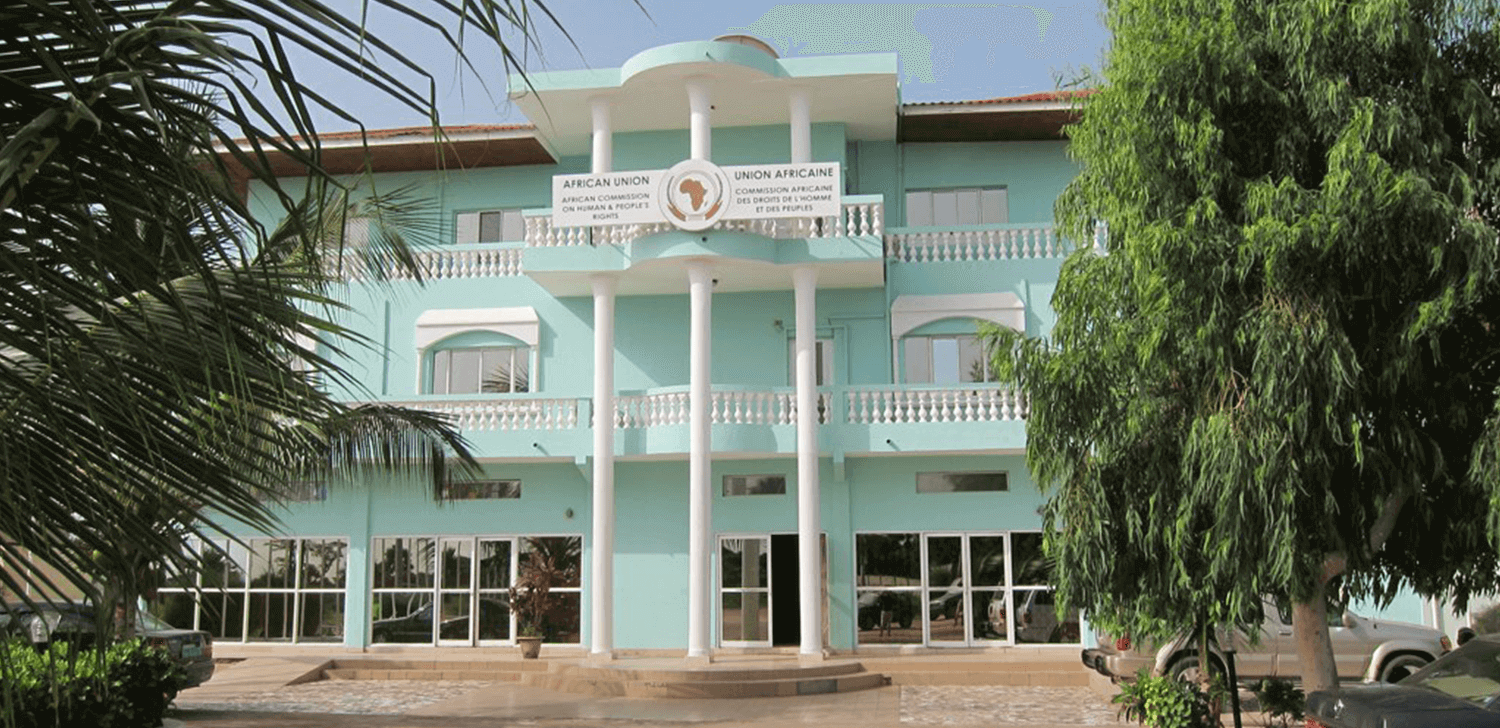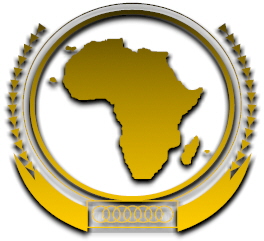African Human Rights Commission affirms intersex people’s rights
Colin Stewart is a 45-year journalism veteran living in Southern…
Commission also calls for an end to anti-intersex bias in competitive sports

The African Commission on Human and Peoples’ Rights, a body of the African Union, passed a resolution on March 7, calling for respect for the rights of intersex people and for an end to nonconsensual genital surgeries on intersex children. Human Rights Watch’s Advocacy Director for Africa Allan Ngari writes about why this move is an important step for respecting the rights of sexual minorities on the continent.
Ending Unnecessary Surgeries, Respecting Bodily Diversity at Core of Resolution
By Allan Ngari
Advocacy Director for Africa, Human Rights Watch
The African Commission on Human and Peoples’ Rights (ACHPR) has passed a resolution affirming the rights of people born with variations of their sex characteristics – also known as intersex people.
“Intersex” refers to the estimated 1.7 percent of people born with sex characteristics – such as chromosomes, gonads, or genitals – that differ from social expectations of female or male. Except in very rare cases when the child cannot urinate or internal organs are exposed, these are medically benign natural variations of human anatomy.

In the 1960s, doctors in the United States popularized “normalizing” cosmetic surgeries on intersex children, such as procedures to reduce the size of the clitoris, which can result in scarring, sterilization, and psychological trauma. These surgeries became common globally, but medical consensus is shifting. United Nations treaty bodies have condemned these nonconsensual operations on children as human rights violations more than 50 times.
The ACHPR resolution affirms that human rights violations against intersex persons are contrary to key human rights frameworks such as the African Charter on Human and People’s Rights, the African Charter on the Rights of Women in Africa, and the African Charter on the Rights and Welfare of the Child. The resolution also states that “nonconsensual and unnecessary surgical and other genital normalization procedures have irreversible consequences similar to genital mutilation and should be considered as such.”
ACHPR also calls for an end to discrimination against people with intersex variations in competitive sport – an important recommendation as World Athletics, the global governing body for track and field competitions, has recently released a tighter and arbitrary version of its eligibility regulations, which disproportionately impact African women for “sex testing.” Under this policy, women runners from the continent have been deemed ineligible from competition simply because they have an intersex trait and endogenous testosterone levels higher than the arbitrary and unscientific World Athletics threshold.
Human rights commissions have important roles to play in denouncing medically unnecessary nonconsensual surgeries on intersex children and discrimination against adults with variations in their sex characteristics. ACHPR joins national institutions in India and Australia, and an increasing number of governments around the world, in foregrounding protective measures for people born with bodies that are a little different, but perfectly deserving of equal dignity and autonomy.




